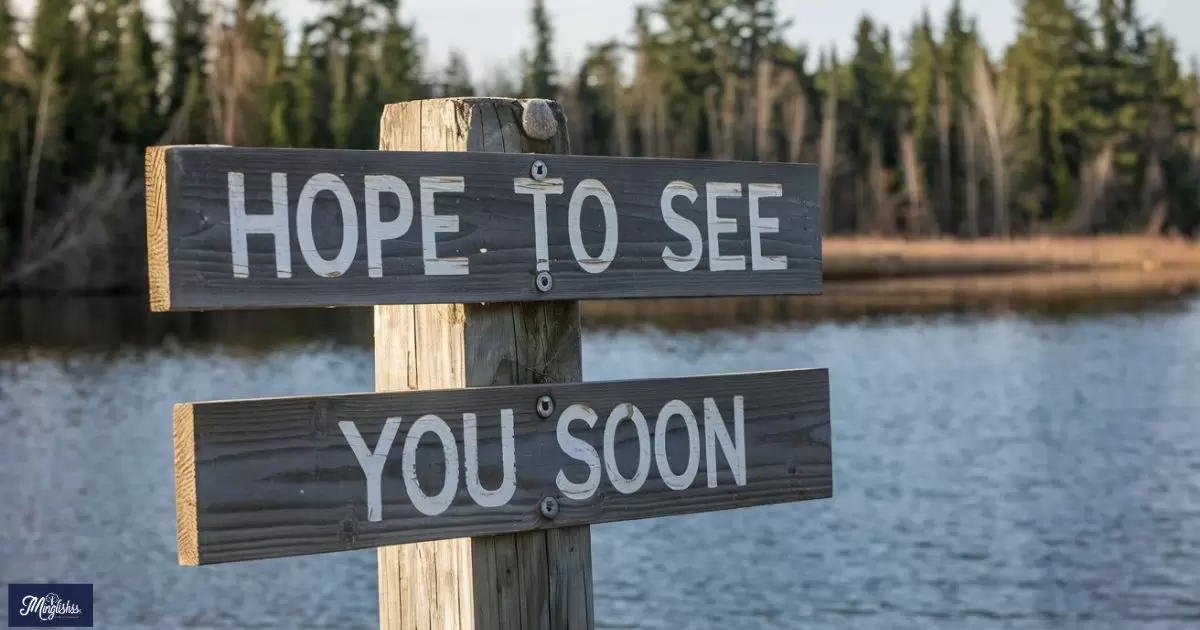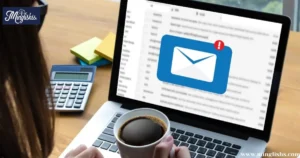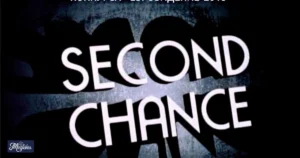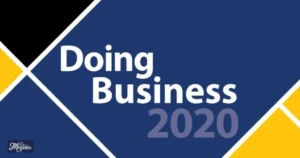“Discover refined alternatives to express anticipation for future meetings.”
In professional communication, expressing the desire to meet again can be crucial for maintaining relationships and fostering connections. While “Hope to see you soon” is a common and friendly expression, using formal alternatives can enhance your professional correspondence and convey respect and consideration. These variations can be particularly useful in business settings, formal invitations, or professional networking.
This article provides a selection of formal ways to say “hope to see you soon,” offering polished alternatives for various professional contexts. Each phrase is explained with scenarios and subject explanations to help you choose the most suitable expression for your needs. Whether you’re concluding a meeting, following up with a colleague, or closing a professional letter, these alternatives will ensure your communication is both courteous and professional.
By exploring these refined expressions, you’ll be able to convey your anticipation for future interactions with greater sophistication. Let’s delve into these alternatives and discover how they can enhance your professional communication.
25 Formal Alternatives to “Hope to See You Soon”
1. “I Look Forward to Our Next Meeting”
Scenario: After a productive meeting with a client, you write, “I look forward to our next meeting to discuss the project’s progress.”
Subject Explanation: This phrase expresses anticipation for a future meeting, focusing on the continuation of work or discussion.
Additional Tip: Use this in formal business settings to indicate eagerness for further collaboration.
2. “I Anticipate Our Upcoming Encounter”
Scenario: When concluding a formal business letter, you might write, “I anticipate our upcoming encounter to review the final proposal.”
Subject Explanation: This phrase conveys a formal expectation of a future meeting or encounter.
Additional Tip: Suitable for formal letters and professional correspondence.
3. “I Am Eager to Reconvene”
Scenario: After a conference call, you could say, “I am eager to reconvene and continue our discussions on the project.”
Subject Explanation: This phrase indicates a strong desire to resume or continue discussions or meetings.
Additional Tip: Use this to express enthusiasm for resuming work or collaboration.
4. “I Look Forward to the Opportunity to Meet Again”

Scenario: In a follow-up email after a networking event, you might write, “I look forward to the opportunity to meet again and explore potential collaborations.”
Subject Explanation: This phrase emphasizes the anticipation of a future meeting and potential opportunities.
Additional Tip: Ideal for networking and follow-up communications.
5. “I Am Keen to See You Again”
Scenario: When closing a formal invitation, you could write, “I am keen to see you again at the upcoming industry seminar.”
Subject Explanation: This phrase expresses eagerness and interest in a future meeting.
Additional Tip: Use this to convey a strong interest in reuniting at a specific event.
6. “I Anticipate Our Next Discussion”
Scenario: After concluding a project review, you might say, “I anticipate our next discussion to finalize the project details.”
Subject Explanation: This phrase indicates a formal expectation of continuing discussions.
Additional Tip: Suitable for follow-up meetings and discussions on ongoing projects.
7. “I Am Looking Forward to Our Future Engagement”
Scenario: When ending a professional email, you might write, “I am looking forward to our future engagement regarding the new initiative.”
Subject Explanation: This phrase expresses anticipation for future professional interactions or projects.
Additional Tip: Ideal for formal communications related to ongoing or future projects.
8. “I Await Our Next Interaction with Interest”
Scenario: In a formal email following a workshop, you could say, “I await our next interaction with interest to further discuss the workshop outcomes.”
Subject Explanation: This phrase conveys a formal anticipation of the next interaction or discussion.
Additional Tip: Use this to express interest and readiness for continued dialogue.
9. “I Am Looking Forward to Reconnecting”
Scenario: After a networking event, you might write, “I am looking forward to reconnecting and exploring potential collaborations.”
Subject Explanation: This phrase expresses anticipation of reestablishing contact or relationships.
Additional Tip: Suitable for follow-up emails after networking or business events.
10. “I Am Eager to Continue Our Conversation”
Scenario: Following a preliminary meeting, you might say, “I am eager to continue our conversation and delve deeper into the proposed strategies.”
Subject Explanation: This phrase indicates a strong desire to continue a conversation or discussion.
Additional Tip: Use this to express enthusiasm for further discussions or negotiations.
11. “I Anticipate a Productive Follow-Up Meeting”
Scenario: After a strategy session, you could write, “I anticipate a productive follow-up meeting to address the next steps in our plan.”
Subject Explanation: This phrase conveys an expectation of a productive future meeting.
Additional Tip: Ideal for formal settings where follow-up meetings are scheduled.
12. “I Am Looking Forward to Our Scheduled Appointment”
Scenario: When confirming a meeting date, you might say, “I am looking forward to our scheduled appointment on Thursday to review the project details.”
Subject Explanation: This phrase expresses anticipation for a specific, scheduled meeting.
Additional Tip: Use this when referring to confirmed meetings or appointments.
Professional Ways to Say “Family Emergency”
13. “I Hope to Reconvene at Your Convenience”
Scenario: If you’ve had a preliminary discussion, you could write, “I hope to reconvene at your convenience to finalize our agreement.”
Subject Explanation: This phrase indicates a desire to resume discussions at the recipient’s convenience.
Additional Tip: Suitable for flexible scheduling of follow-up meetings.
14. “I Look Forward to Further Discussions”
Scenario: After an initial meeting, you might say, “I look forward to further discussions to refine our strategy.”
Subject Explanation: This phrase expresses anticipation for additional discussions or meetings.
Additional Tip: Use this to indicate a desire for continued dialogue.
15. “I Am Eager for Our Next Exchange”
Scenario: When concluding a professional letter, you might write, “I am eager for our next exchange of ideas.”
Subject Explanation: This phrase conveys enthusiasm for future interactions or exchanges.
Additional Tip: Ideal for situations involving ongoing exchanges of information or ideas.
16. “I Await Our Next Meeting with Anticipation”
Scenario: When scheduling a follow-up meeting, you might say, “I await our next meeting with anticipation to discuss the project’s progress.”
Subject Explanation: This phrase expresses a formal anticipation for a scheduled meeting.
Additional Tip: Use this to convey a positive outlook on an upcoming meeting.
17. “I Look Forward to Our Future Collaboration”
Scenario: After a successful initial collaboration, you could write, “I look forward to our future collaboration on the next phase of the project.”
Subject Explanation: This phrase indicates eagerness for continued collaboration.
Additional Tip: Suitable for professional settings involving ongoing projects or partnerships.
18. “I Am Eager to Reconnect Soon”
Scenario: After a conference, you might say, “I am eager to reconnect soon to discuss the insights gained from the event.”
Subject Explanation: This phrase expresses a desire to reconnect shortly after an event or meeting.
Additional Tip: Use this for follow-up communications after conferences or events.
19. “I Am Looking Forward to Our Continued Partnership”
Scenario: In a formal business relationship, you might write, “I am looking forward to our continued partnership and the opportunities it will bring.”
Subject Explanation: This phrase indicates anticipation for ongoing professional collaboration.
Additional Tip: Ideal for formal communications about long-term partnerships.
20. “I Await the Opportunity to Meet Again”
Scenario: When concluding a professional email, you might say, “I await the opportunity to meet again and further explore our project goals.”
Subject Explanation: This phrase expresses anticipation for a future opportunity to meet.
Additional Tip: Use this to convey eagerness for future meetings or opportunities.
21. “I Am Eager to Discuss This Further”
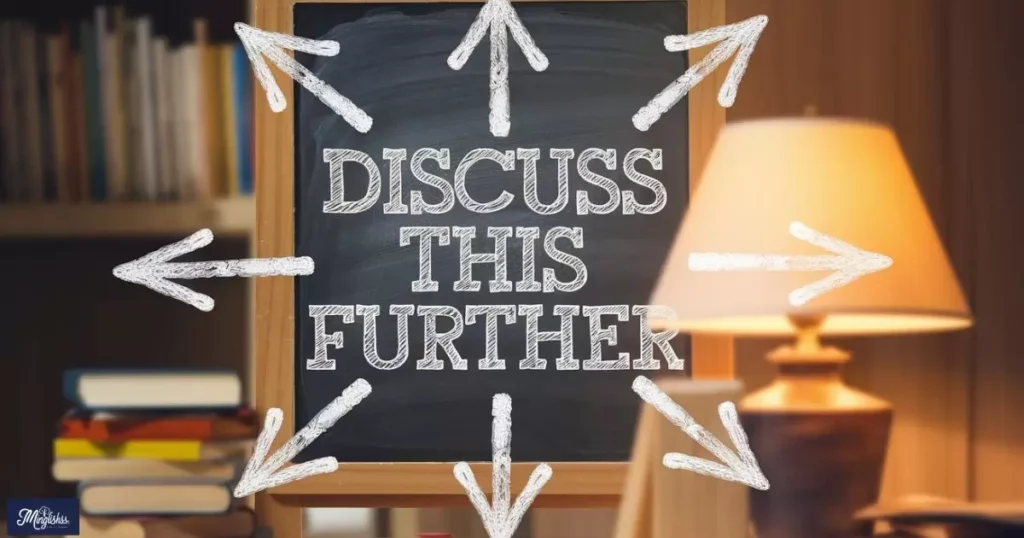
Scenario: After an initial discussion, you might write, “I am eager to discuss this further in our next meeting.”
Subject Explanation: This phrase conveys a strong desire to continue the discussion.
Additional Tip: Suitable for follow-up meetings or discussions.
22. “I Look Forward to Revisiting This Topic”
Scenario: When concluding a meeting, you might say, “I look forward to revisiting this topic in our next session.”
Subject Explanation: This phrase expresses anticipation for further discussion on a particular topic.
Additional Tip: Use this to indicate continued interest in a specific subject.
23. “I Anticipate Our Continued Dialogue”
Scenario: When following up after an initial conversation, you could write, “I anticipate our continued dialogue to further develop our strategy.”
Subject Explanation: This phrase indicates an expectation of ongoing conversations.
Additional Tip: Ideal for situations involving ongoing discussions or negotiations.
24. “I Am Looking Forward to Our Next Engagement”
Scenario: After a productive meeting, you might say, “I am looking forward to our next engagement to advance our objectives.”
Subject Explanation: This phrase expresses anticipation for the next professional interaction.
Additional Tip: Suitable for formal contexts involving future meetings or engagements.
25. “I Hope to See You at the Upcoming Event”
Scenario: When inviting someone to an event, you could write, “I hope to see you at the upcoming event and discuss the new initiatives.”
Subject Explanation: This phrase conveys a desire to see the recipient at a specific upcoming event.
Additional Tip: Use this when referring to scheduled events or functions.
Additional Tips
When selecting a formal alternative to “hope to see you soon,” consider the context of your communication and the nature of your relationship with the recipient. Tailor your choice to reflect the level of formality required and ensure it aligns with the tone of your correspondence. Using varied expressions helps maintain professionalism and conveys your anticipation for future interactions effectively.
For formal communications, it’s important to choose phrases that align with the specific context and demonstrate respect for the recipient’s time and commitments. By using these alternatives, you can enhance your professional communication and build stronger relationships.
Pros and Cons
Pros
- Professionalism: Formal alternatives help maintain a professional tone and respect in communication.
- Variety: Provides a range of expressions suitable for different contexts and levels of formality.
- Clarity: Helps convey your anticipation for future interactions clearly and appropriately.
Cons
- Formality: Some phrases may come across as too formal for casual or informal settings.
- Overuse: Repetitive use of certain phrases may reduce their impact and effectiveness.
- Complexity: More formal phrases may seem less natural in highly casual or personal contexts.
Conclusion
Utilizing formal alternatives to “hope to see you soon” enhances your professional communication and demonstrates respect for the recipient. By selecting the most appropriate phrase based on the context and your relationship, you can convey anticipation for future interactions with sophistication and clarity.
These refined expressions will help you maintain a polished and professional tone in your correspondence, fostering positive relationships and effective communication.

Hi, I’m Isabel: I’m passionate about turning language learning into a fun adventure. I believe in making every word exciting and memorable.
